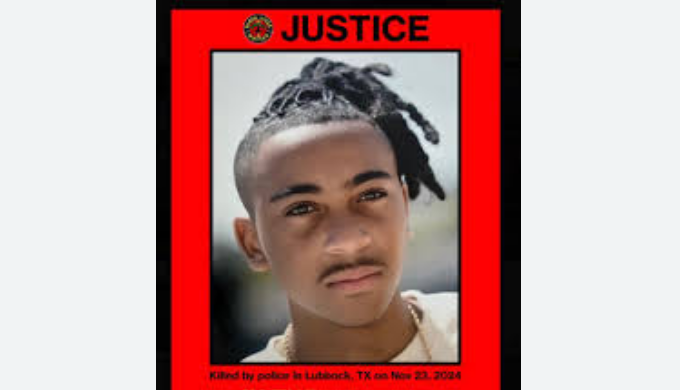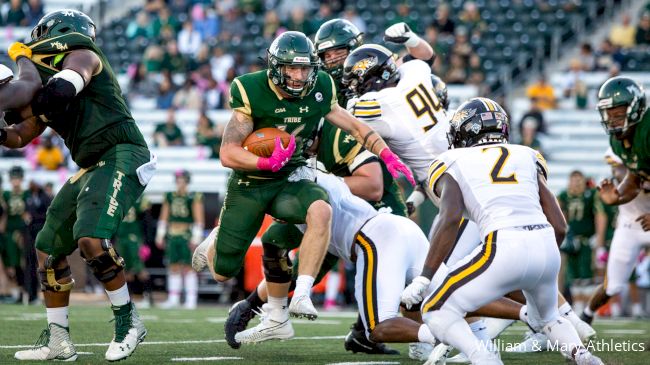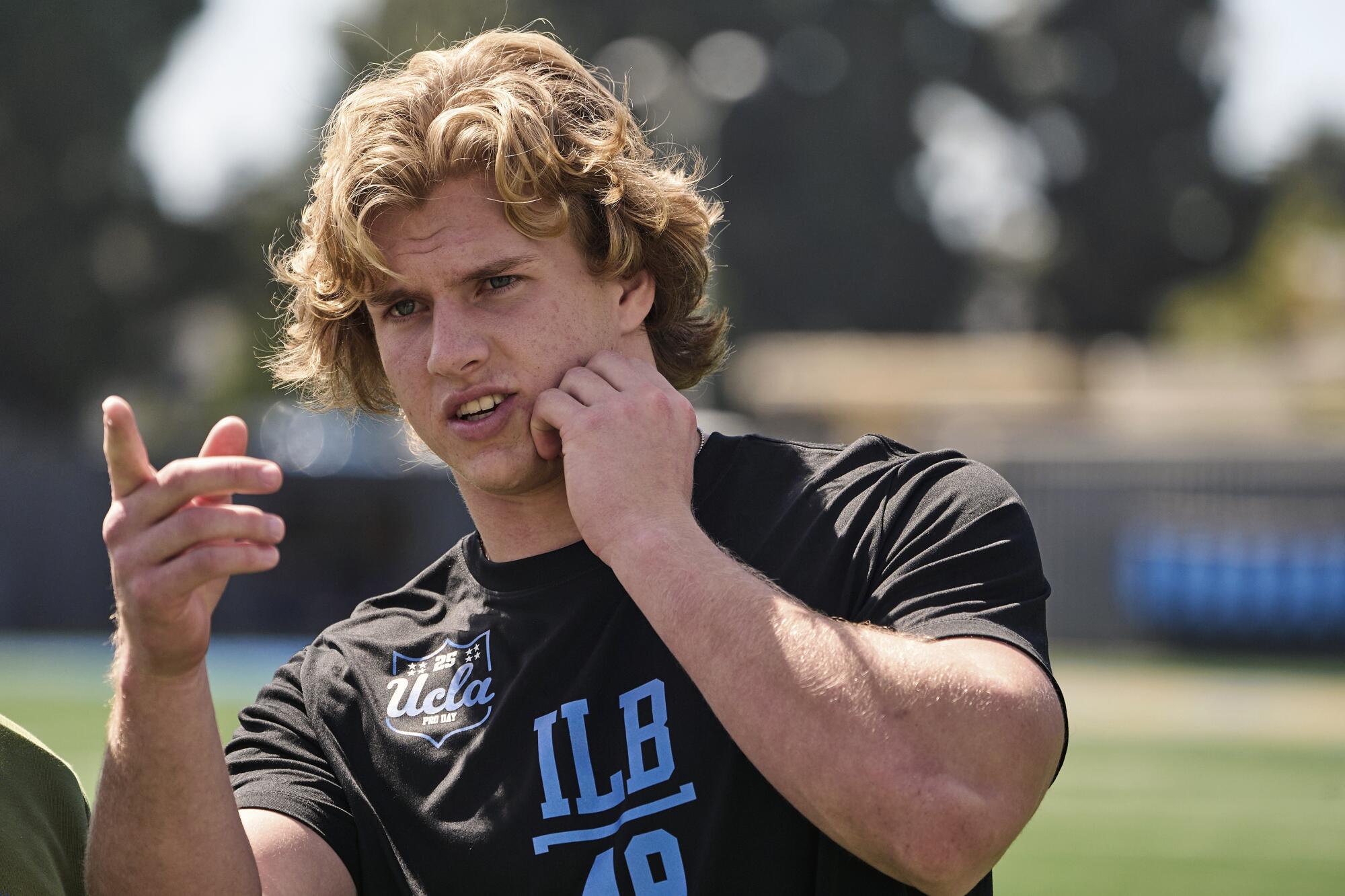By Dr. Theogene Rudasingwa
Photos: Wikimedia Commons
April in Rwanda is a month of sacred remembrance. It marks the 31st anniversary of the 1994 genocide against the Tutsi, when hundreds of thousands of innocent lives perished in one of the most horrifying chapters of modern history. For those of us who lived through it and for those who survived it, April is not just a calendar date—it is a wound, a haunting memory, and an unresolved question about our common future.

We remember the dead not simply to honor them but to remind ourselves that the promise of Never Again must not become a ritualized slogan in the mouths of the powerful or those seeking power. It must be a lived commitment to expose and uproot the very roots of genocide: fear, exclusion, dehumanization, and impunity.
To the survivors of the genocide—those whose bodies carry scars and whose souls bear unspeakable pain—your resilience is Rwanda’s greatest source of hope. As Viktor Frankl observed in Man’s Search for Meaning, even in the deepest suffering, human beings can choose purpose, meaning, and moral clarity. That choice—to live, rebuild, and forgive—has sustained families, communities, and this nation through unimaginable trauma. Rwanda owes you not just remembrance but justice, truth, and solidarity.
Yet the truth is that the genocide did not arise in a vacuum. Nor did it end in 1994. It was the culmination of decades of state-sponsored hatred, impunity, and dehumanization. And its aftershocks still reverberate in our institutions, politics, and relationships. If we are to break the cycle of violence and fear, we must move beyond selective memory and weaponized grief.
This is why I co-founded the Rwanda Truth Commission in 2016. Its purpose is simple but urgent: to place truth at the center of Rwanda’s reconciliation, reconstruction, and healing. Not partial truth, not politically convenient truth, but truth that liberates, heals, and restores. Our logo is a flame, symbolizing the light that must shine into even the darkest corners of our past. Our mantra, drawn from sacred scripture, is clear: “Truth shall set us free.”
The work of the Truth Commission is grounded in the belief that reconciliation without truth is hollow, justice without memory is dangerous, and unity without accountability is unsustainable. If Rwanda is to heal genuinely, we must tell the whole truth about our past: the genocide against the Tutsi, the crimes committed before and after, and the suffering inflicted on all communities.
That is why today I call upon my fellow Rwandans and the international community to support the establishment of a National Hill of Atonement—a sacred space among our thousand hills where, once a year, Rwandans of all identities and backgrounds can gather to remember all victims of state violence since 1959.
It must be a place for truth-telling, not propaganda. It must be a place of shared mourning, not political exclusion. It must be a place where we acknowledge Rwanda as a nation of both victims and perpetrators—roles that have shifted over time and often within the same families, communities, and institutions. Only in such a space can we begin to dismantle the cycles of guilt, shame, silence, and vengeance that continue to haunt us.

On that hill, we shall remember those killed in 1994. But we shall also not forget those killed before and after. We shall weep together. We shall confess together. And if we are courageous enough, we shall begin to heal together.
Rwanda today remains caught between two narratives. One tells a story of remarkable post-genocide recovery: gleaming cities, global acclaim, and the image of order. The other tells a quieter, darker story—of prisons overflowing with political opponents, exiles living in fear of persecution and assassinations, a population taught to fear rather than to think, and truth being punished rather than protected.
To the youth of Rwanda: do not inherit silence. Do not inherit fear. Ask the questions your parents could not ask. Seek the truth that your government may deny. Your generation must choose whether to be guardians of a myth or builders of a more honest future.
To our neighbors in the Great Lakes region: We cannot build peace at your expense, and our security cannot be founded on your insecurity. If Rwanda is to be truly safe, it must become a force for stability and cooperation, not dominance and exploitation.
To the international community: your guilt for abandoning Rwanda in 1994 should not turn into blind support for authoritarianism today. The very values you failed to protect during the genocide—human rights, truth, dignity—are once again at risk. Do not look away. Do not confuse managed order with genuine peace.
Genocide is not just a tragedy of the past. It is a challenge to the present and a test for the future. The ashes of 1994 still lie heavy on Rwanda’s hills. But from those ashes, a new Rwanda can still rise—one founded not on fear, lies, or force but on truth, compassion, and shared humanity.
Let us walk to that hill, remember together, heal together, and rebuild together.
Because only then can we say—truthfully, faithfully, and finally—Never Again.

Dr. Theogene Rudasingwa
Former Ambassador of Rwanda to the United States
Co-Founder, Rwanda Truth Commission
April 13, 2025
Washington DC
USA
E-mail: ngombwa@gmail.com








